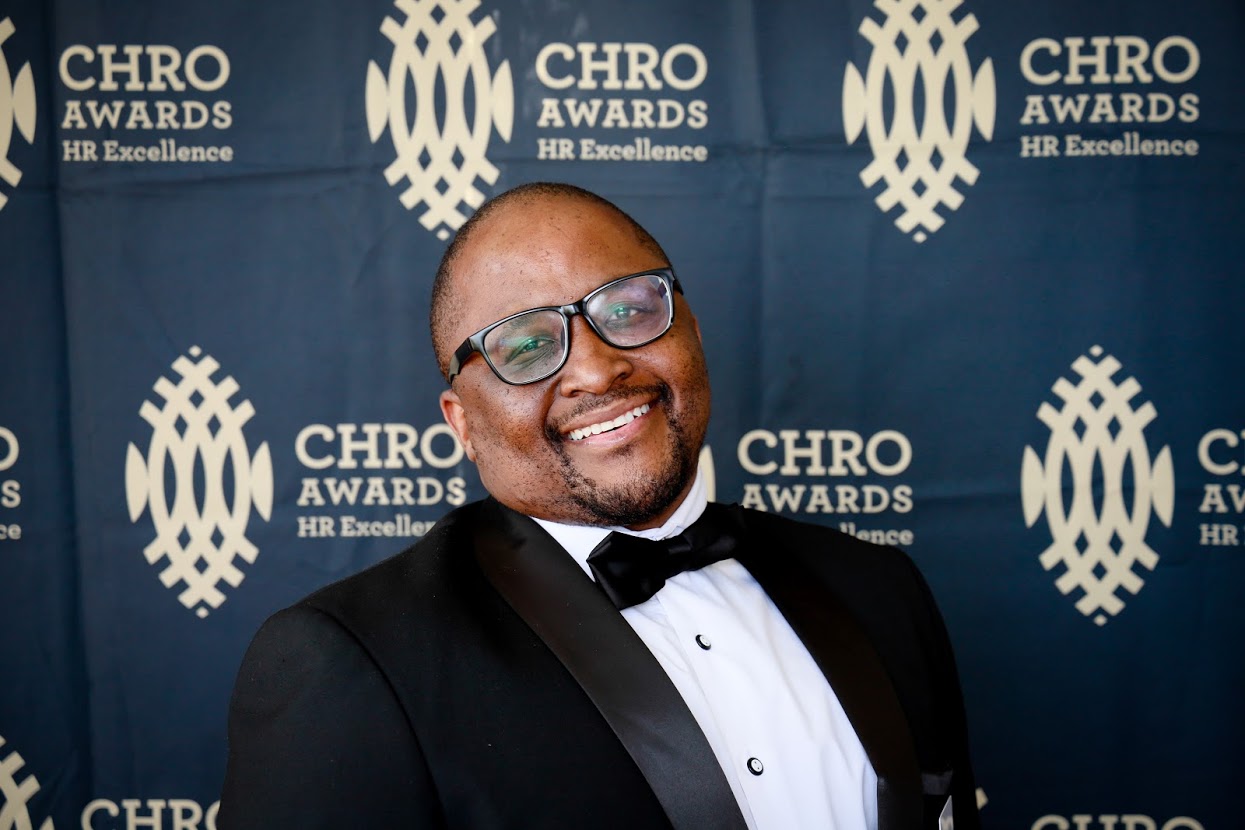This was one of the key elements of Deloitte's 2020 Human Capital Trends report, presented by Fortune Gamanya.
Human capital trends were in the spotlight in this week’s CHRO Community Conversation as HR leaders were walked through 2020 Deloitte Global Human Capital Trends report. Since 2010, Deloitte has been tracking the thinking and actions of leading organisations, representing some of North America’s largest and most influential organisations.
This year’s report was completed by nearly 9,000 respondents in 119 countries, making it the largest longitudinal survey of its kind and marks a decade of investigating and understanding how humans can continue to find meaning in work.
Hosted in partnership with Workday, the CHRO SA Community Conversations are a great platform for HR leaders to ask each other questions, exchange ideas, blow off steam and compare notes of what it's like to be in charge of the people agenda of your organisation during such crazy times.
Tuesday’s conversation was led by Deloitte associate partner Fortune Gamanya, who outlined the highlights their annual report which, this year, the focus is on how the social enterprise can find the integration between technology and humanity at a time when humanity is in the spotlight as a result of the Covid-19 pandemic.
The report calls upon human capital to embrace three attributes - purpose, potential, and perspective – that characterise what it means to fuse people and technology to perform as a social enterprise at work.
Fortune said that belonging at work had become a top organisational priority, with many people are increasingly looking for personal fulfilment and satisfaction in a world of work that is becoming more polarised and volatile.
“This speaks to the fact that when someone leaves an organisation, it is most often the case that they are driven away by a particular person rather than being attracted by a more enticing opportunity.”
Fortune said 84 percent of South African respondents said worker well-being was important or very important for their success over the next 12 to 18 months, but only 44 percent felt they were very ready to address this trend.
This point resonated with Bridgestone South Africa HR director Julia Modise who said her organisation is going through a culture transformation programme where the focus is to take the whole idea of diversity and inclusion a step further to include that sense of belonging.
“I recently came across a meme that said, diversity is being invited to a party, inclusion is being asked to dance, and belonging is thereafter dancing as if nobody is watching. We all need to get to a point where all our employees are fully themselves and fully in tune with the purpose of the organisation to the point that they bring their whole being to our businesses,” said Julia.
Similarly, Silverbridge people wellness executive Ruth Wotela said one of the behaviours her company values is encouraging people to be themselves and not feel that they have to try and fit in.
The one word
On how to get people to bring more of themselves to work, Fortune said she had started posing a question to people about the one word they would use to describe bringing one’s whole self to work.
Among the countless words that HR leaders put forward were ‘grit’, ‘agility’, ‘passion’, ‘empathy’, and ‘multi-faceted’, and Fortune challenged attendees to put the same question to their teams but take it a step further by asking what percentage of that quality they were currently bringing of themselves every day.
Said Fortune: "Even if you applied it to yourself and said, 'what percentage of this word, whether it is 'passion' or 'grit', am I giving of myself to this organisation and what would the possibilities be if I brought 100 percent of that word?'
Embrace change
Fortune quoted research from the International Labour Organization (ILO), which found that 35 percent of employees are going to choose to never come back to the office after lockdown. That means HR practitioners have to reimagine work, in terms of the value that is being delivered; the workforce, which speaks to who is delivering the value; and the workplace in terms of the location at which that value is being delivered. If companies take that ILO research to heart and offer permanent remote working as a perk, they will have to figure out how work and the organisational design will have to evolve to accommodate such a significant change.
Fortune also said that, many years ago, the human capital fraternity was talking about 2020 as being the first years that there would be four generations in the workplace and that this would have an implication for the manner in which employees are compensated.
“Well, that time has come and, if organisations are genuine about improving the employee experience, they have to individualise the way they compensate,” she said adding that embracing change was about changing the narrative from perceiving change as a threat to understanding reinvention as a means for finding security in the midst of ongoing change.
One of the other subjects that were touched on was that of reskilling. Fortune said the trends report showed 74 percent of South African organisations found reskilling the workforce to be important or very important for their success over the next 12 to 18 months, but only 6 percent said they were very ready to address this trend.
Globally, organisations are finding it challenging to navigate through the fast-changing skills landscape, and this is not any different for South African organisations.
“What if, instead of prompting doubt, uncertainty gave rise to new possibilities and opportunities to shape the future through decisive action?” asked Fortune.
The evening concluded with HR leaders feeling more energised to lead with a clear purpose, spurred on by the need to create and maximise the sense of belonging within the employees in their organisations.












